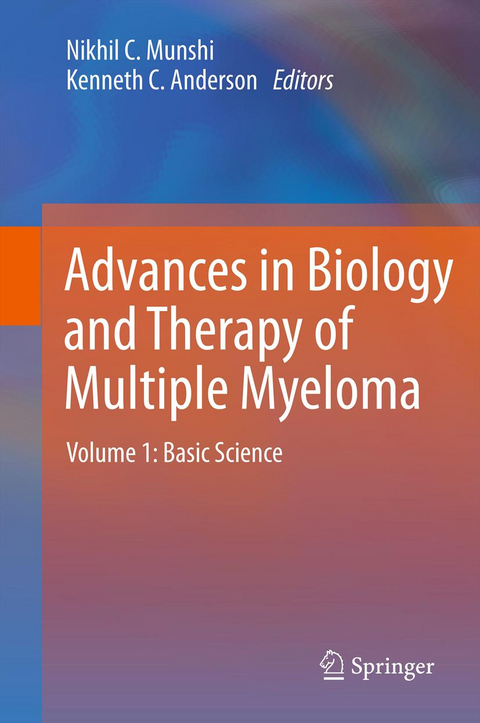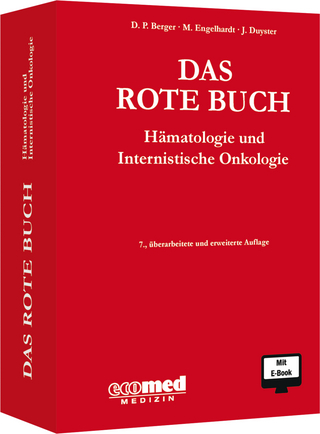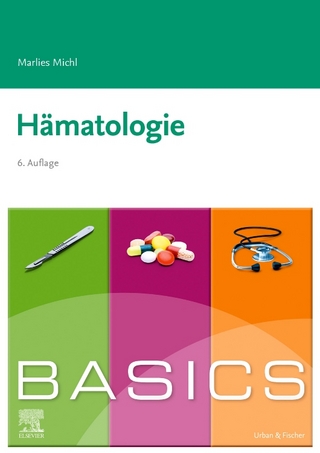
Advances in Biology and Therapy of Multiple Myeloma
Springer-Verlag New York Inc.
978-1-4614-4665-1 (ISBN)
Genomic strategies determining progressions from MGUS to Multiple Myeloma.- Prognostic implication of Genetic changes (Cytogenetics, and FISH, gains and losses of DNA by SNP array and aCGH) in risk stratification in myeloma.- Advances in MM gene expression profiling.- Growth factors in MM.- Role of Wnt signaling pathways in multiple myeloma pathogenesis.- mTOR pathway in multiple myeloma.- Jak/STAT signaling in the pathogenesis and treatment of multiple myeloma.- Role of extracellular matrix in myeloma biology.- Osteoclasts: Potential target for blocking microenvironmental support of myeloma.- Targeting the BAFF/APRIL cytokine network in multiple myeloma.- Role of Osteoblast in myeloma pathology.- Migration and homing in Multiple Myeloma.- Genes and proteins of myeloma endothelial cells to search specific targets of the tumor vasculature.- Epigenetic regulation of myeloma within its bone marrow microenvironment.- Targeting mulitple myeloma tumor angiogenesis: focus on VEGF.- Novel in vivo model in myeloma.- Index.
| Reihe/Serie | Advances in Biology and Therapy of Multiple Myeloma | 1.10 |
|---|---|
| Zusatzinfo | X, 322 p. |
| Verlagsort | New York, NY |
| Sprache | englisch |
| Maße | 155 x 235 mm |
| Themenwelt | Medizinische Fachgebiete ► Innere Medizin ► Hämatologie |
| Medizin / Pharmazie ► Medizinische Fachgebiete ► Onkologie | |
| Medizin / Pharmazie ► Medizinische Fachgebiete ► Pharmakologie / Pharmakotherapie | |
| Medizin / Pharmazie ► Studium | |
| ISBN-10 | 1-4614-4665-1 / 1461446651 |
| ISBN-13 | 978-1-4614-4665-1 / 9781461446651 |
| Zustand | Neuware |
| Haben Sie eine Frage zum Produkt? |
aus dem Bereich


